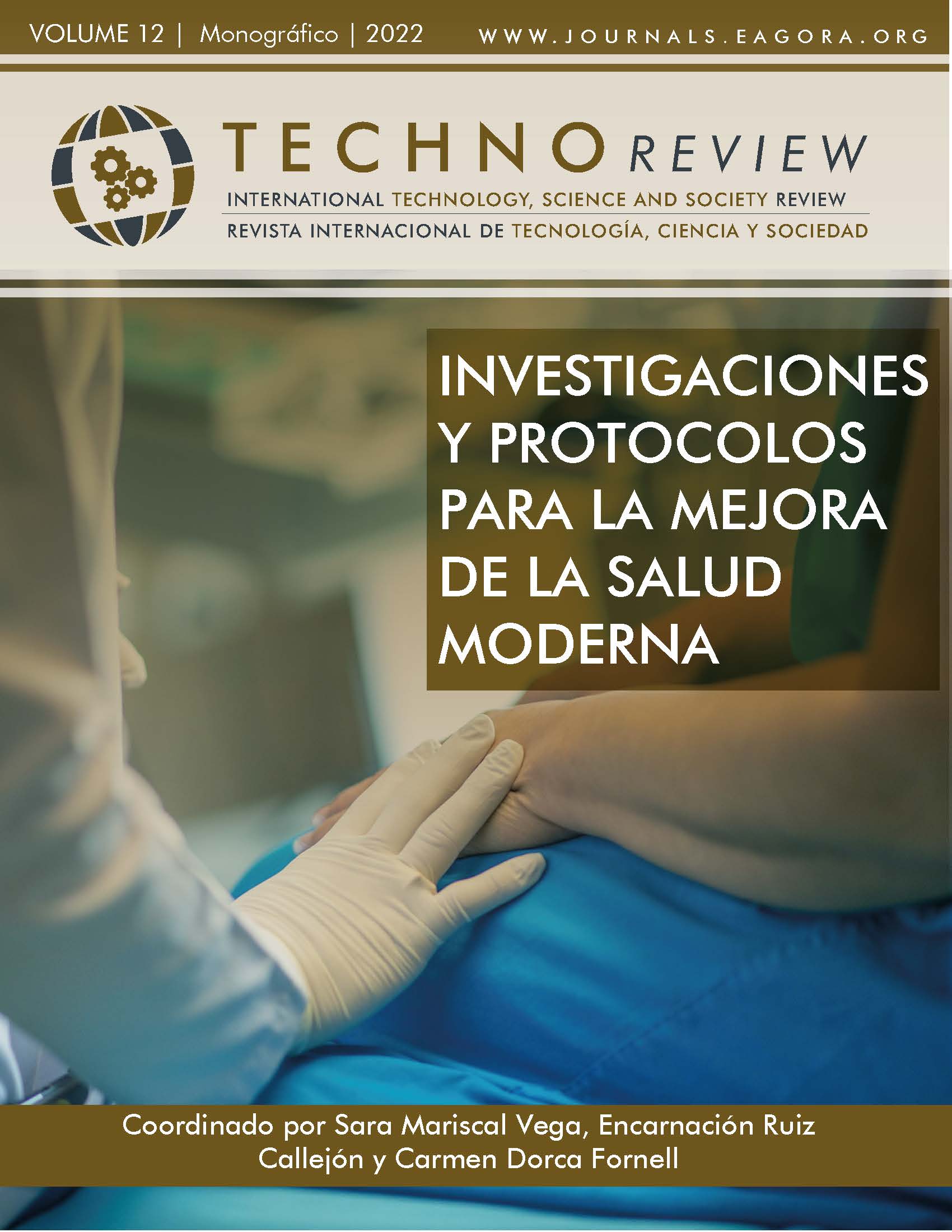Active and healthy ageing. Educational experience through intergenerational education
DOI:
https://doi.org/10.37467/revtechno.v11.4494Keywords:
Intergenerational Education, Older Adults, Experience, Active Aging, Grandparent CircleAbstract
This article purposes to describe intergenerational education experiences between 3 to 6 years old preschoolers and older people. Through the establishment of exchange- oriented links of appreciation and affective interrelation. These links contribute to revitalize the activity of those who have developed a long life experience, making them to feel useful, updated and less prone to suffer diseases, through the experience of intergenerational education “Grandparents’ Circle” de-veloped in the Padre Machado Educational Complex, attached to the Mayor’s Office of the Municipality of San Diego in the city of Valencia, Carabobo State, Venezuela.
References
Carbajom C. (2011). History of Intelligence in Relation to the Elderly. Tabanque Revista Pedagógica, 24, 225-242.
Cárdenas-Palermo, Y. (2021). Vínculo intergeneracional, infancia y educación: notas para pensar la función de la escolarización de los niños. Revista Colombiana de Educación, 1(83).
Cuevas Castro, V. M. (2017). La función de la abuela en la familia monoparental femenina. Estudio de caso. Ajayu Órgano de Difusión Científica del Departamento de Psicología UCBSP, 15(2), 153-171.
ECLAC. (2007). Demographic Bulletin. Latin America and the Caribbean: population ageing. 1950-2050. https://www.cepal.org/es/publicaciones/39530-america-latina-caribe-envejecimiento-la poblacion-1950- 2050-latin-america-and
Enjuanes, A. (2016). Benefits of intergenerational links. Alcalá de Henares: Vitalia. http://periódico.inforesidencias.com/noticia/419/saludbeneficios-de-los-vinculos-intergeneracionales.html
García Mínguez, J. (2004). Elderly education: testing new paths. Narcea.
García, G. (2010). Yesterday children today older adults. The indelible footprint of two schools of excellence in Peru and Venezuela. Lima: Colegio América del Callao.
García, J. (1995). The needs and aspirations of young people in four Venezuelan cities in the early 1990s. Exploratory study. Caracas: Promotional work presented at the Simón Rodríguez National Experimental University.
González, E. (2002). Educate in affectivity. Madrid.
II World Assembly on Ageing, held in Madrid. (2002). www.un.org/es/events/pastevents/ageing_assembly2/
III Intergovernmental Regional Conference on Ageing in Latin America and the Caribbean. (2012). www.cepal. org/es/areas-de- trabajo/poblacion-y-desarrollo
Izquierdo, A. (2005). Psychology of adulthood development theories and contexts. Revista Complutense de Educación, 16(2), 601- 619.
Leveresque, L. (2005). Aging or older adult population. Lima: I Ibero-American Congress of Older Adults.
Linares, L. (2015). A pedagogy of everyday life in early education. [Doctoral Thesis] Simón Rodríguez National Experimental University.
Martorell, C., González, R., Rasal, P., & Estellés, R. (2009). Coexistence and emotional intelligence in school-age children. European Journal of Education and Psychology, 2(1), 69-78.
Navarro, G. (2003). What do we mean by education for social responsibility? In C. Ardiles (Ed.), Educating for Social Responsibility 3: The University in its Teaching Role (pp. 21-45). Santiago de Chile.
Padín Pujoldevall, N. (2020). El aula: los fogones de una escuela. Aula de innovación educativa, 295, 16-20.
Pinazo-Hernandis, S., & Lluna, J. (2011). Menores criados por sus abuelas. Mejora de la pautas de cuidado a menores en acogimiento familiar en familia extensa a través de un programa de intervención psicoeducativo. Revista sobre la infancia y la adolescencia, (1), 14-34.
Solla, R., & Graterol, N. (2013). Otherness as a bridge to ethical transcendence. Telos, 15(3), 400-413.
UNITED NATIONS. (2002). Report of the Second World Assembly on Ageing. www.monitoringris.org/documents/ norm_glob/mipaa_spanish.pdf
Downloads
Published
Issue
Section
License
Copyright (c) 2022 TECHNO REVIEW. International Technology, Science and Society Review /Revista Internacional de Tecnología, Ciencia y Sociedad

This work is licensed under a Creative Commons Attribution-NoDerivatives 4.0 International License.
All articles are published under an Attribution-NoDerivatives 4.0 International (CC BY-ND 4.0) license. Authors retain copyright over their work.

